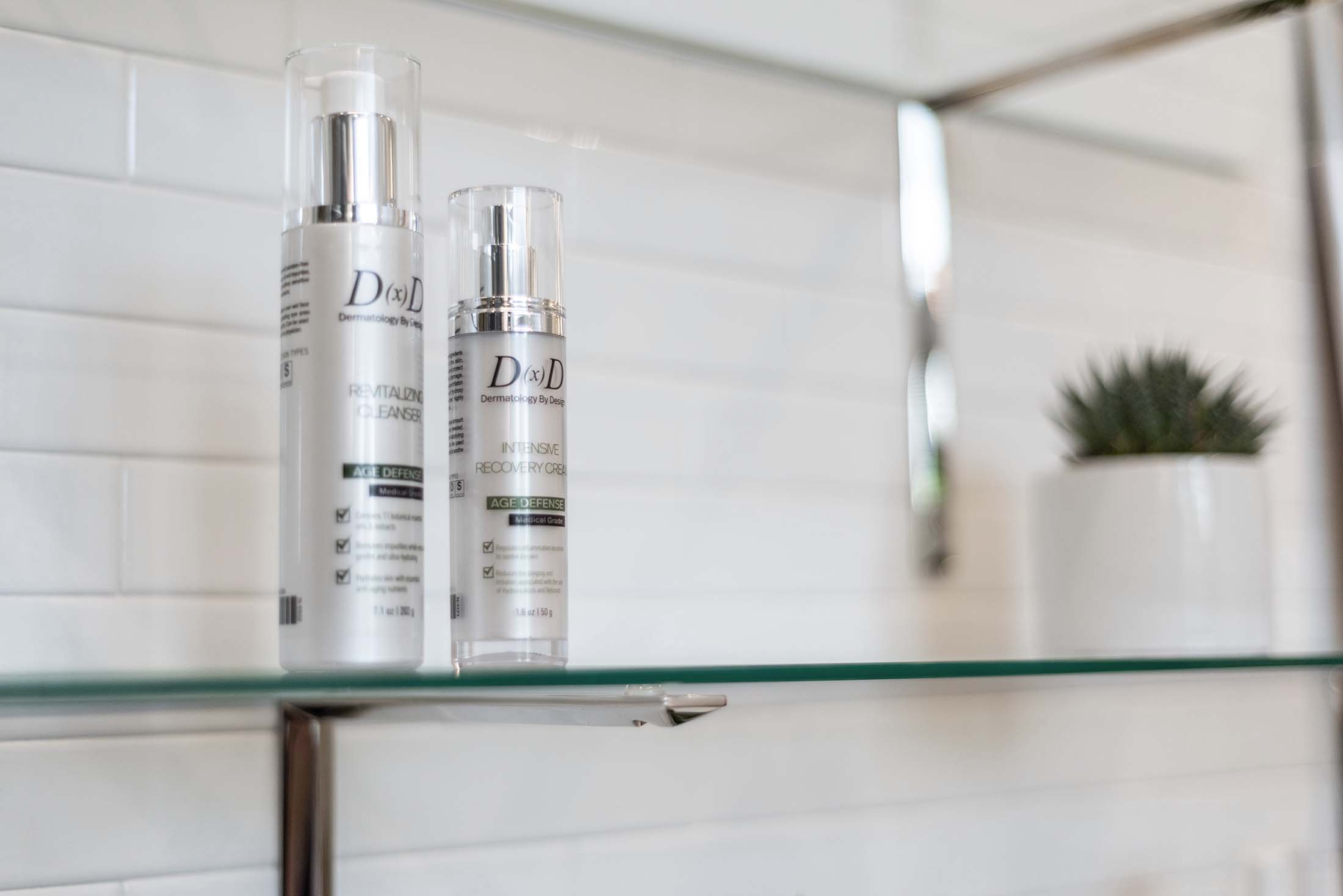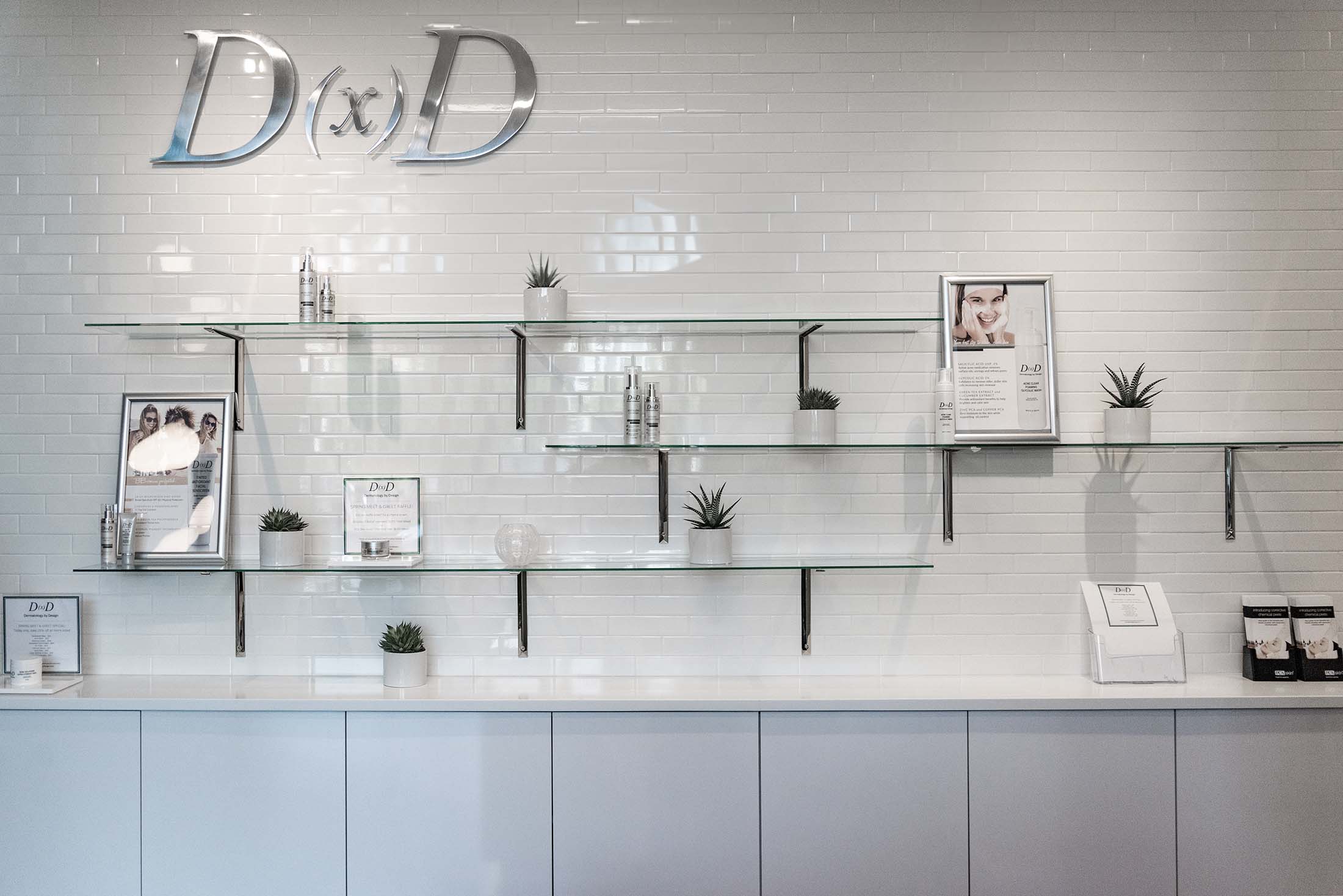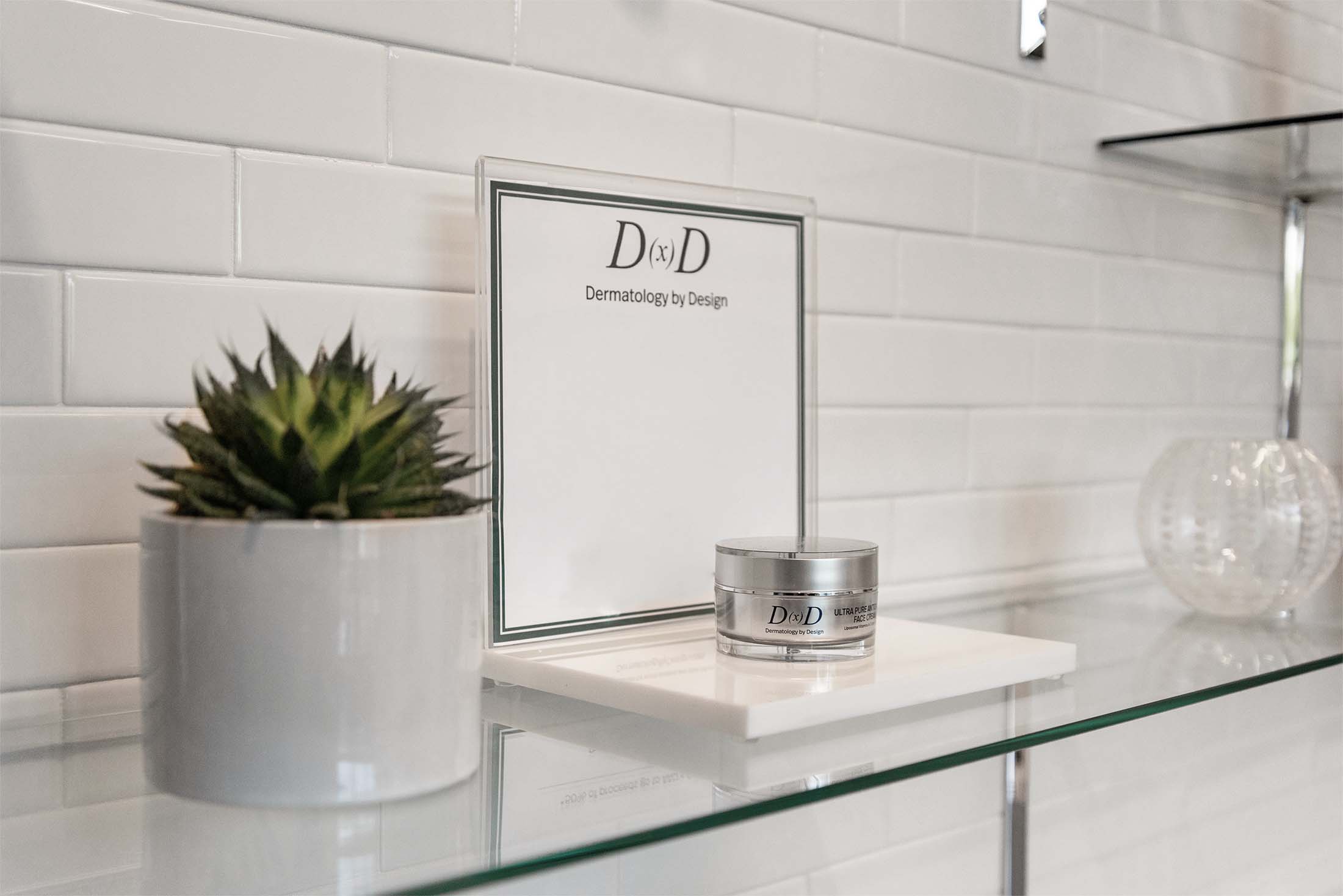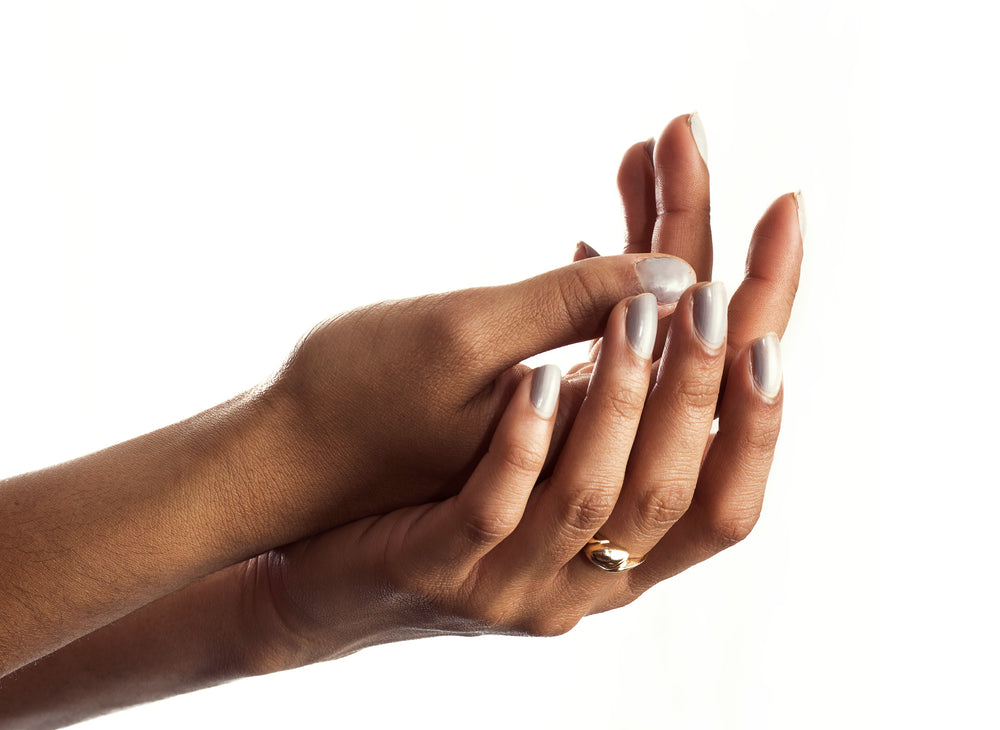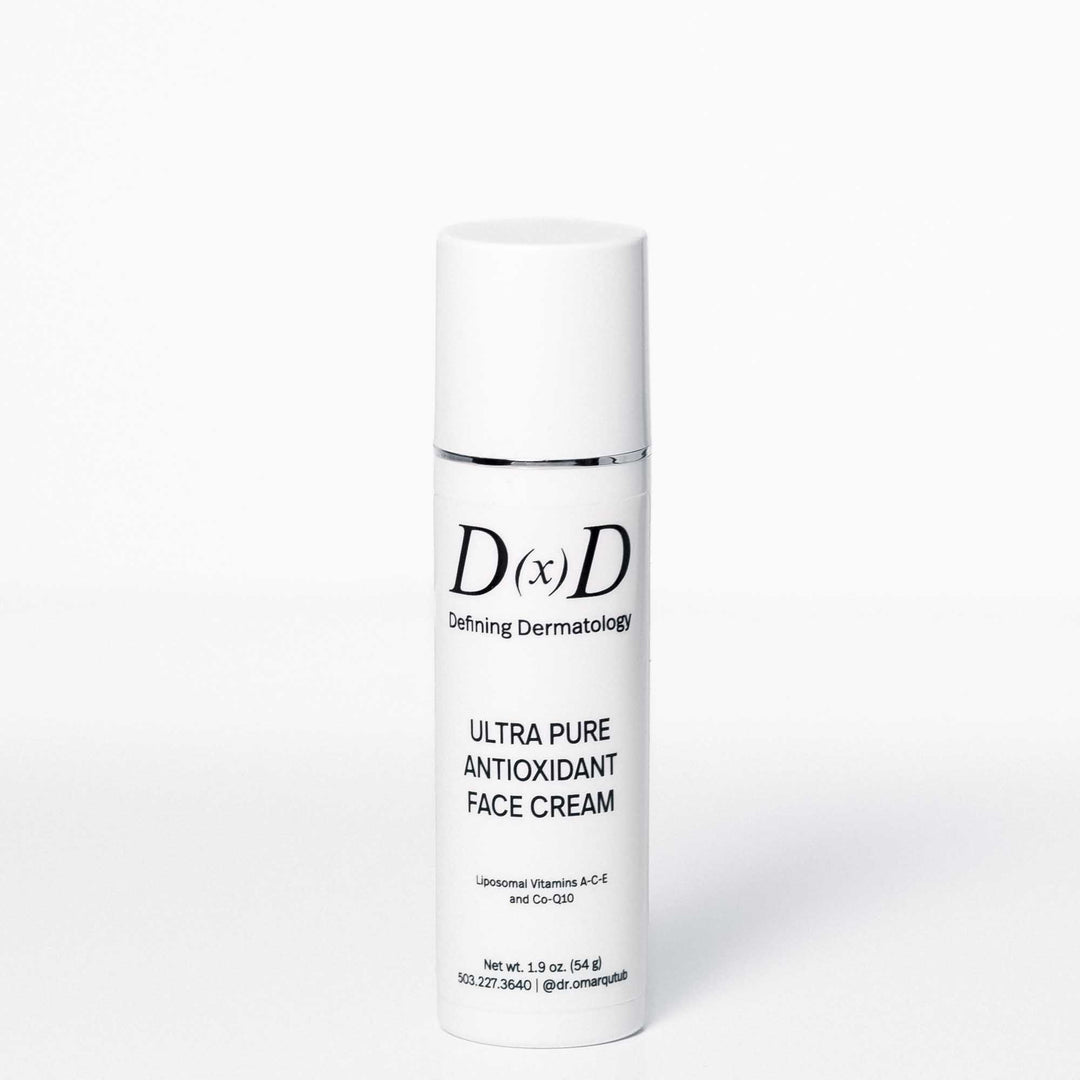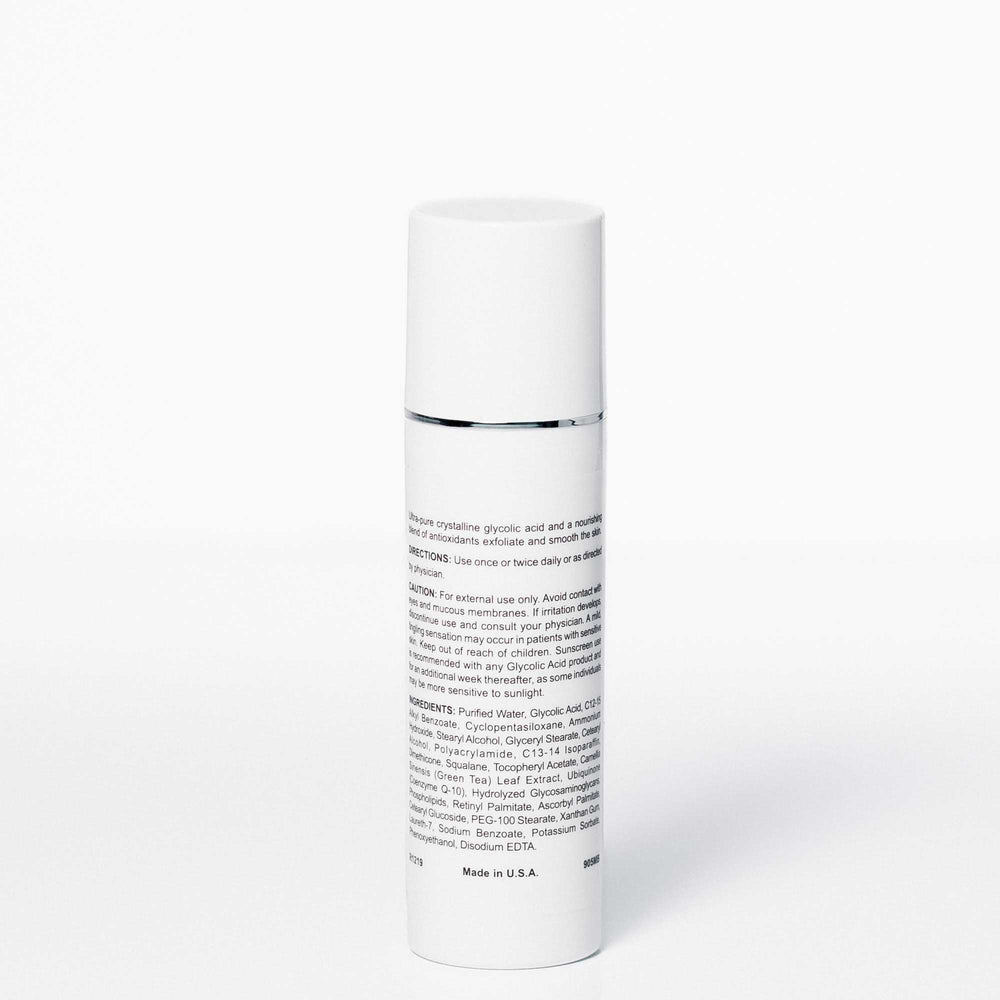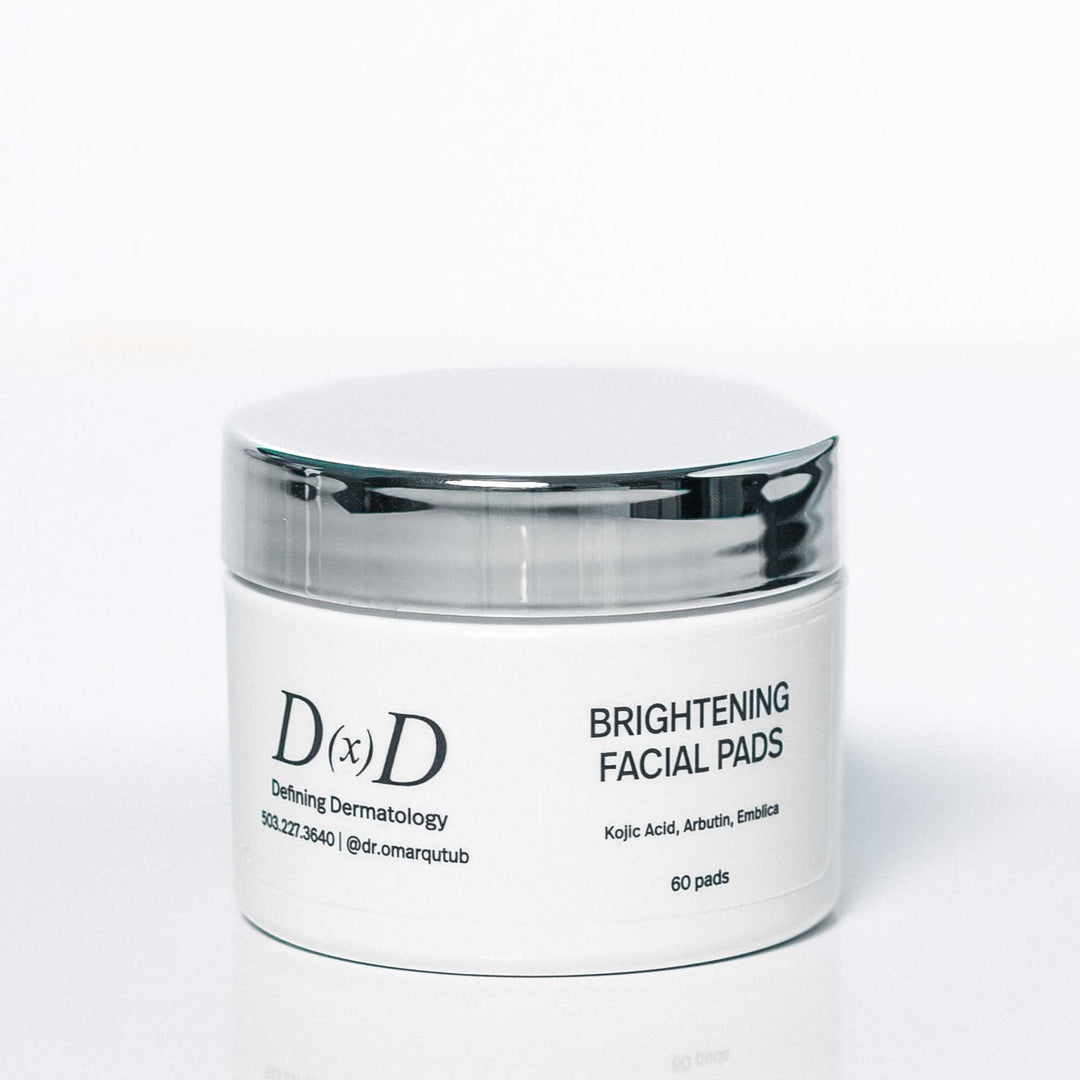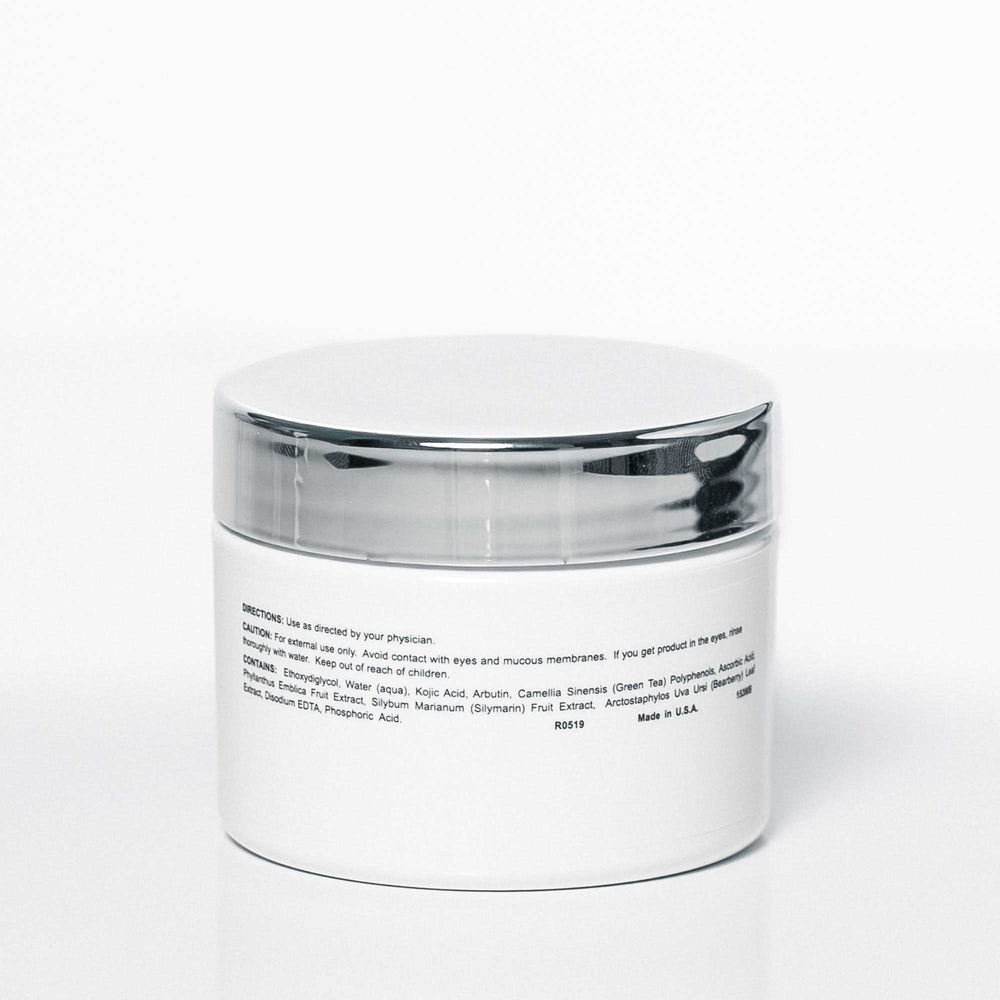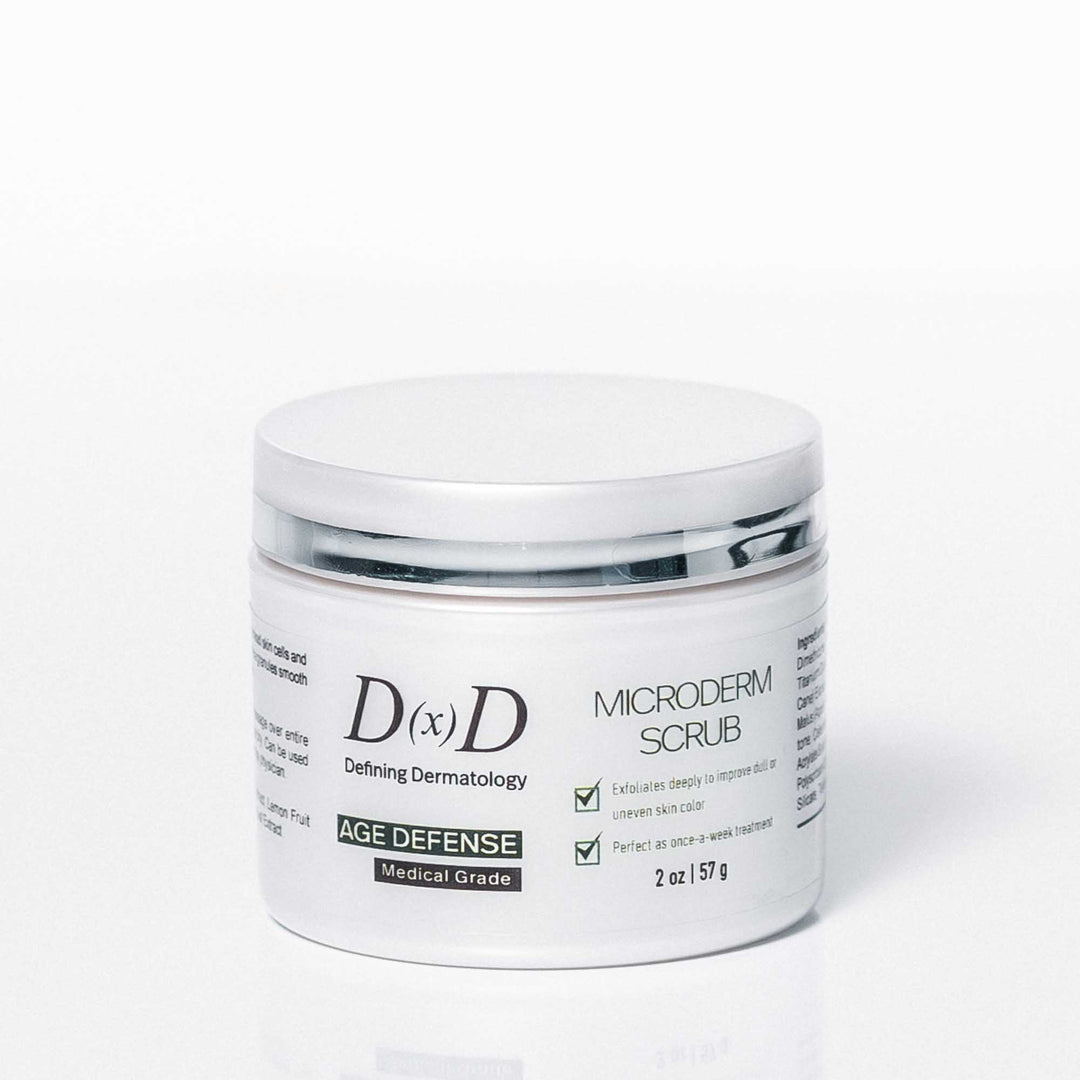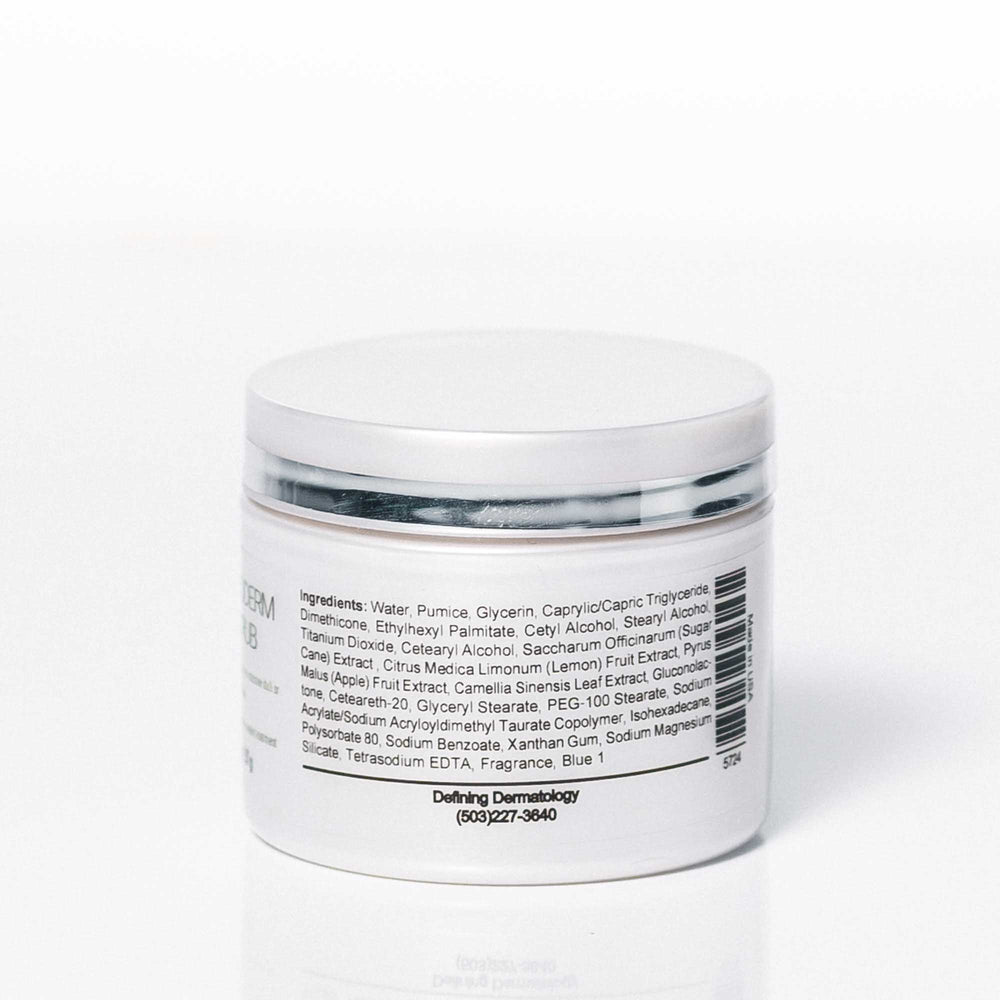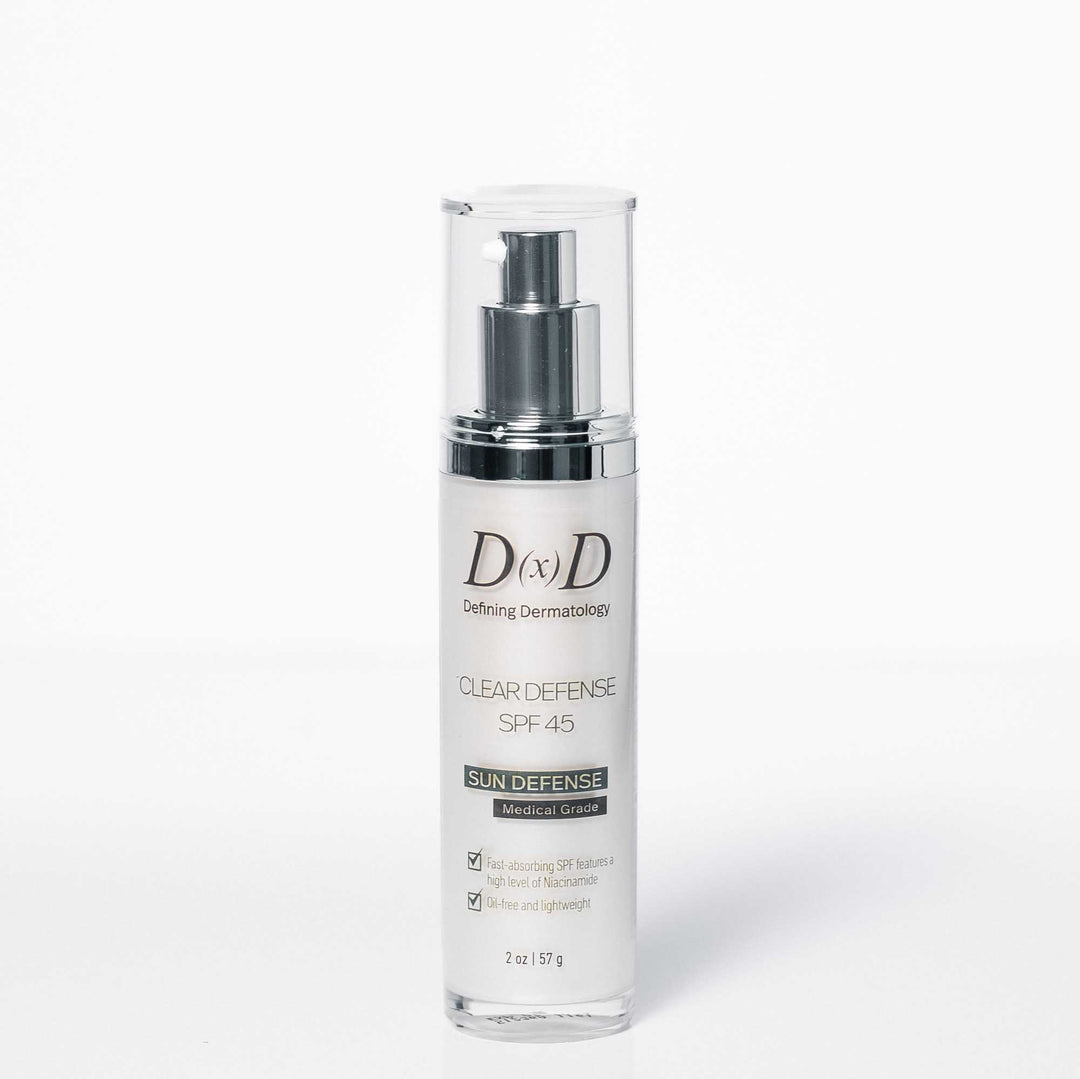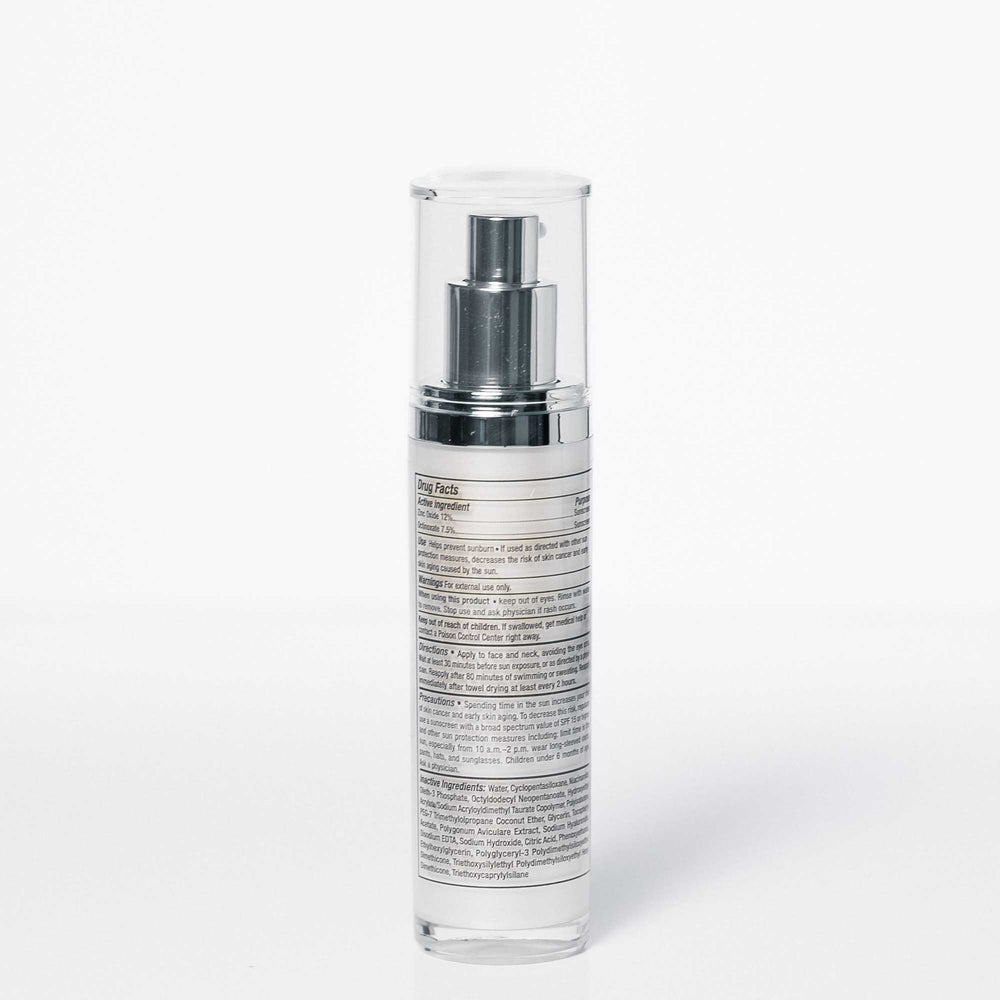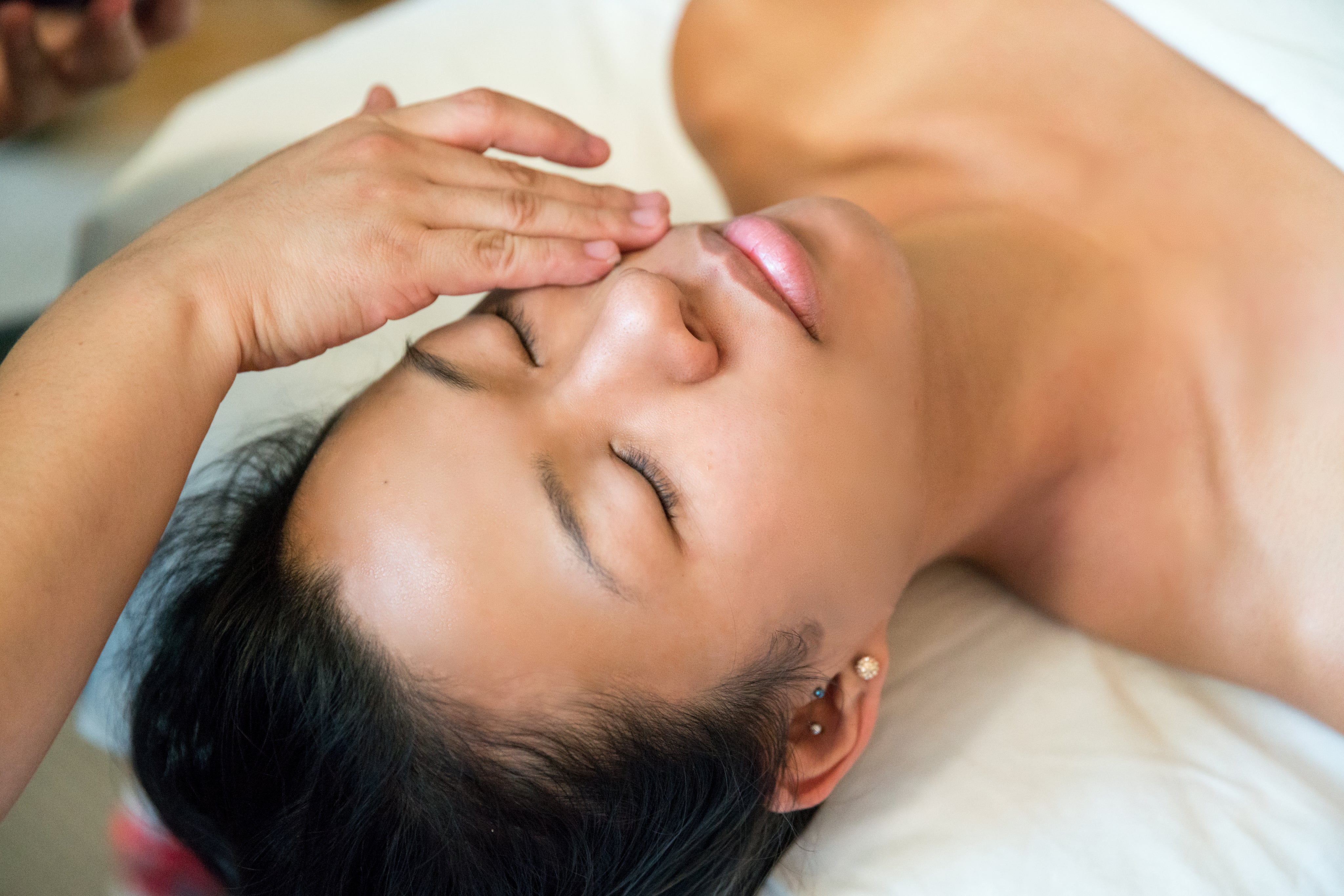As an accredited dermatologist with clinical expertise in skincare, it's important to address the common concern of makeup causing acne flare-ups. Acne is a skin condition that affects millions of people worldwide, and it can be frustrating to deal with breakouts, especially when you're trying to look your best. In this blog post, we will explore how to determine if your makeup is contributing to your acne and provide tips on how to choose makeup products that are gentle on your skin.
What Causes Acne?
Before we dive into the impact of makeup on acne, let's briefly discuss what causes acne in the first place. Acne occurs when hair follicles become clogged with oil and dead skin cells. This can lead to the formation of pimples, blackheads, and whiteheads. Hormonal changes, genetics, and certain medications can contribute to acne, but external factors like makeup can also play a role.
Identifying Makeup-Related Acne
If you suspect that your makeup is causing your acne to flare up, there are a few signs to look out for. One common indicator is the appearance of new breakouts shortly after applying makeup. Pay attention to the areas where you typically apply makeup, such as the forehead, cheeks, and chin. If you notice an increase in pimples or redness in these areas, it may be a sign that your makeup is contributing to your acne.
Another clue is the type of acne you're experiencing. Makeup-related acne often presents as small, red bumps or pustules. These breakouts may be more prevalent in areas where makeup is applied more heavily, such as the T-zone or cheeks. If you notice a pattern of breakouts in these areas, it's worth considering whether your makeup is the culprit.
Choosing Makeup for Acne-Prone Skin
If you have acne-prone skin, it's essential to choose makeup products that won't exacerbate your condition. Look for makeup labeled as "non-comedogenic," which means it's less likely to clog your pores. Non-comedogenic products are formulated to be gentle on the skin and reduce the risk of breakouts.
When selecting foundation or concealer, opt for oil-free formulas. Oil-based products can contribute to clogged pores and increase the likelihood of acne breakouts. Instead, choose water-based or mineral-based options that provide coverage without adding excess oil to your skin.
Gentle cleansers are also crucial in maintaining healthy skin. Cleansing your face thoroughly at the end of the day helps remove makeup, dirt, and excess oil that can contribute to acne. Look for cleansers that are specifically formulated for acne-prone skin and contain ingredients like salicylic acid or benzoyl peroxide, which can help unclog pores and reduce inflammation.
Conclusion
While makeup can contribute to acne flare-ups, it's important to remember that everyone's skin is unique. What works for one person may not work for another. If you suspect your makeup is causing acne, consider making changes to your skincare and makeup routine. Consult with an accredited dermatologist to determine the best course of action for your specific skin type and concerns. By choosing makeup products that are gentle on your skin and taking proper care of your skin, you can minimize the risk of makeup-related acne and achieve a healthy, radiant complexion.


